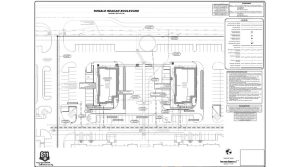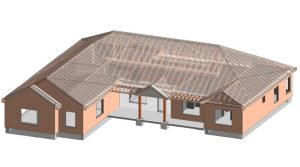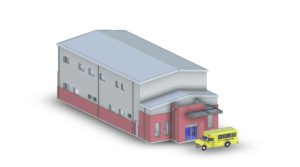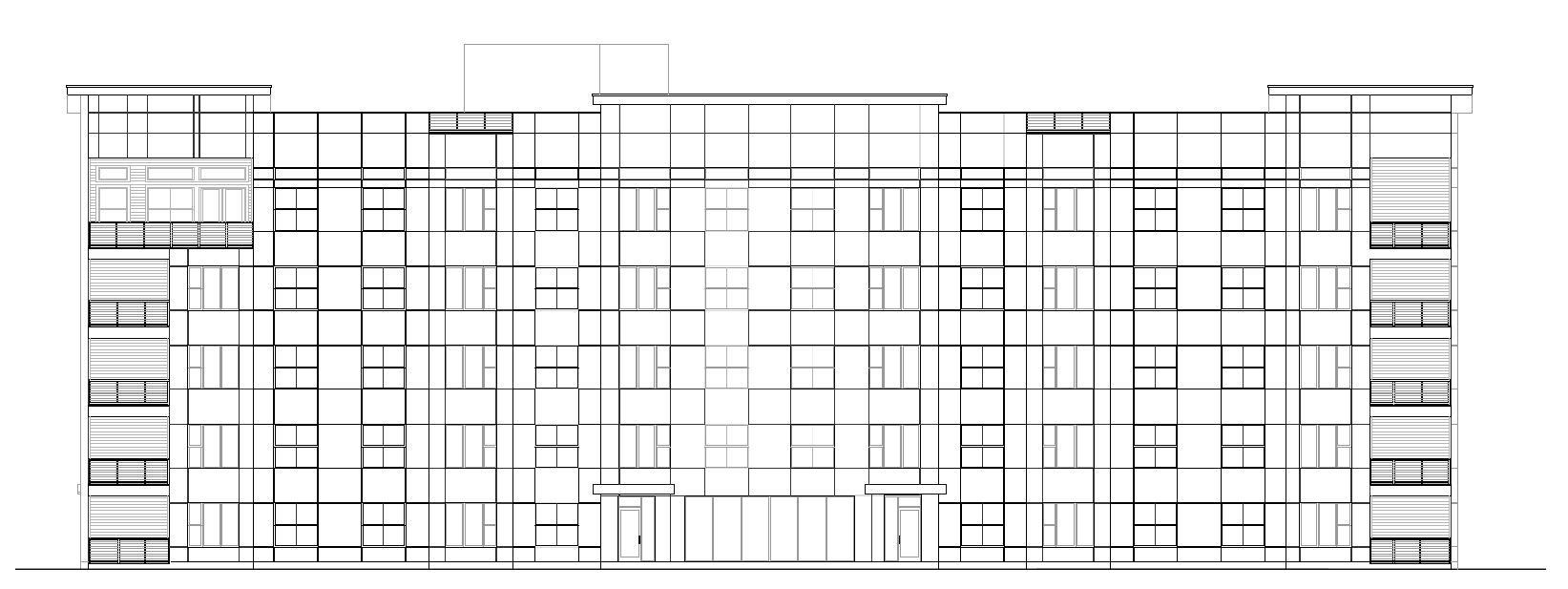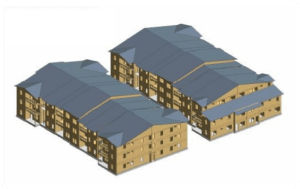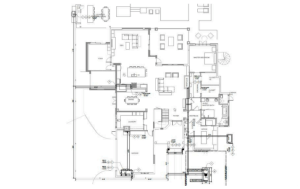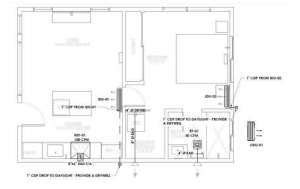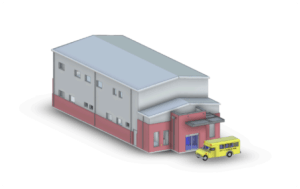Residential vs. Commercial Air Filtration (HEPA and UV filters)
Presently, many are considering the air quality of their surrounding with the growing concern about climate change and pollution and its effect on human health. People are getting informed about the importance of their indoor air. Healthier indoor air quality not only refers to the air quality at home but also to all indoor spaces, like public and commercial buildings. As a business owner or an employee, you want your home as well as your office to be an area of fresh air. So, it is important to know that the air purifiers for indoor air quality solutions are for both residential and commercial buildings. Now, it is time to think about commercial air filtration systems as a priority.
Difference between Residential and Commercial Air Filtration
There are several differences between residential and commercial air filters in terms of size, capacity, and type which impact the air filtration of the building differently.
Filter Size
Commercial spaces are larger than residential establishments. Due to their size, commercial buildings need more air filtration by larger air filters and more system filters than residential buildings to filter all of this air.
Capacity
Commercial buildings require air filters with a higher MERV rating than residential buildings for improved indoor air quality. This is because commercial buildings have more occupants than residential buildings, and the former is typically located in industrial areas that experience air pollution of a higher volume. Buildings, offices, and commercial spaces need HVAC systems that can accommodate higher-rated filters like HEPA filters.
Disposable vs. Washable
In residential buildings, both disposable and washable air filters can be used. But commercial buildings get better served by disposable air filters. Washable filters have a low MERV rating and can get molded when installed because they take time to get fully dry after a wash. Commercial buildings need the replacement of air filters more frequently than residential ones. So, disposable air filters are the better choice.
HEPA and UV filters
HEPA, or high-efficiency particulate air filter, is a type of pleated mechanical air filter that can theoretically remove at least 99.97% trapped dust particles of any size with higher efficiency. On the other hand, UV air filters or purifiers use UV light technology to capture air and pass it through a filter. The air then gets exposed to UV-C light. However, a UV air filter does not effectively remove volatile organic compounds (VOCs) from the air.
HEPA vs. UV air filters
Air filtration is important for maintaining a healthy home or commercial environment. HEPA and UV filters are two of the most commonly used air filtration system on the market today, and they are designed to remove dust, pollen, pet dander, and other airborne contaminants from the air. While both HEPA and UV filters or air purifiers are effective at trapping and removing airborne particles, there are some key differences between the two that make them better suited for certain environments.
HEPA filters are high-efficiency particulate air filters that trap and remove up to 99.97% of particles that are 0.3 microns or larger. This includes dust, pollen, and pet dander, as well as smoke and other toxins. HEPA filters are most commonly used as residential air filters, as they are highly effective at removing a wide range of particles from the air. UV filters, on the other hand, are designed to kill or inactivate bacteria, viruses, and other microorganisms that are present in the air. UV filters use ultraviolet light to break down the DNA of microorganisms, which prevents them from replicating and eliminates them from the air. UV filters are most commonly used in commercial air filtration. UV light is specifically designed to target and kill airborne pathogens, making them particularly effective in areas where there is a risk of infection or disease.
When it comes to energy efficiency, HEPA filters are often the more energy-efficient option. HEPA filters use mechanical filters to capture and remove particles from the air, which requires less energy than UV lights. In addition, HEPA filters can be washed and reused, making them an economical and eco-friendly option. UV filters, on the other hand, require a lot of energy to run. This is because the UV lights need to be constantly on to be effective. However, the energy used to operate UV filters is typically offset by the fact that they don’t need to be replaced as often as HEPA filters.
When it comes to cost, HEPA filters tend to be the more affordable option. This is because they are relatively easy to manufacture and are highly efficient at trapping and removing particles from the air. UV filters, on the other hand, tend to be more expensive due to the cost of the UV lights and the energy needed to run them.
Overall, both HEPA and UV filters are effective at removing particles and microorganisms from the air. However, the type of filter that is best suited for your home or commercial environment depends on your specific needs. HEPA filters are generally more energy efficient and cost-effective, making them the better option for residential air filtration. UV filters, on the other hand, are more effective at killing and inactivating airborne pathogens, making them the better option for commercial air filtration.
Conclusion
In conclusion, HEPA and UV filters are two of the most commonly used air filtration systems or air purifiers on the market today, and they are both effective at removing particles and microorganisms from the air. However, they each have their own strengths and weaknesses, and the type of filter that is best suited for your environment depends on your specific needs. No matter which type of air filtration system you choose, it’s important to maintain it and change the filters regularly to ensure that it continues to effectively remove particles and microorganisms from the air. Doing so will help create a healthier environment for everyone in your home or business.












